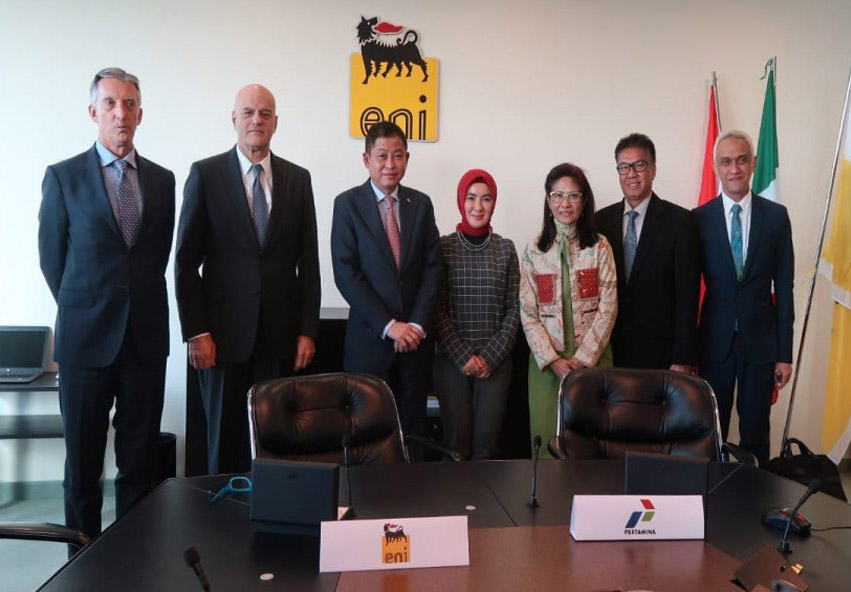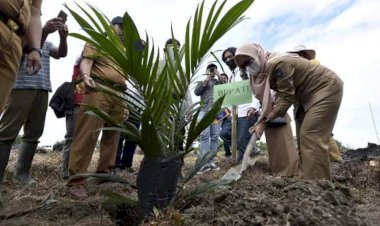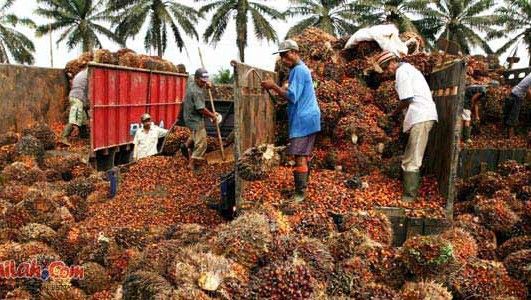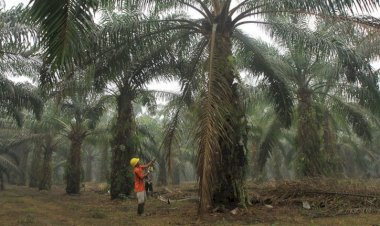Pakistan Eyes Palm Oil Investment
Pakistan open business opportunities, especially for Indonesian companies, to invest in palm oil sector.
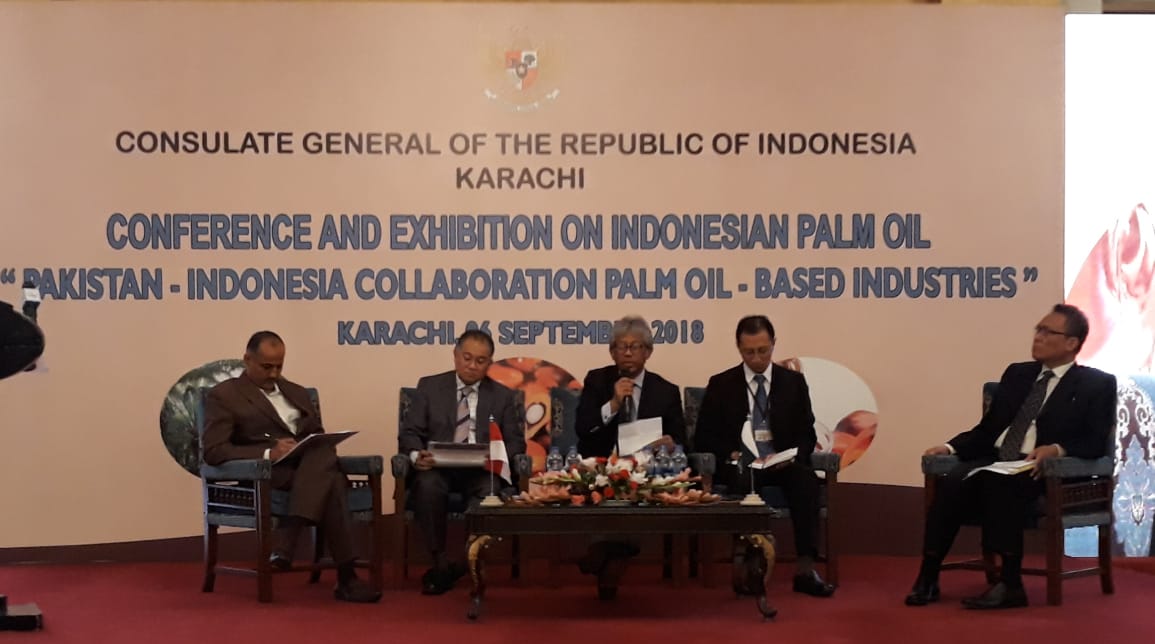
Pakistan open business opportunities, especially for Indonesian companies, to invest in palm oil sector. The door is so wide open that make it possible to establish related businesses since Pakistan is a major Indonesian palm oil importer.
The opportunities came into sight on speakers’ presentation at the “Pakistan-Indonesia Collaboration on Palm Oil-based Industries` themed seminar organized in the Conference and Exhibition on Indonesia Palm Oil (CEIPO) 2018 in Karachi, Pakistan (6/9/2018).
Some speakers said that it is possible for Indonesian companies to partner with Pakistani companies in establishing various palm oil processing businesses from building palm oil terminal at ports, storage facilities, to palm oil refineries. Those businesses will make it possible for Pakistan to be the palm oil hub for South and Central Asia.
Director Projects Sindh Board of Investment Abdul Azeem Uqaili said that the Province of Sindh has a special economic zone that make it easy for investment. Pakistan will also provide incentives, including tax holiday for 10 years, easy permit and land ownership program as well as 100 percent investment without having to partner with local companies.
`Foreign investment is one of the priorities for the Government. We are eager to attract investment from abroad. In this case, we see Indonesia as a potential investor, `said Abdul Azeem.
Pakistan is one of major market for Indonesian palm oil export, ranked fourth after India, European Union, and China. About 80 percent of Pakistan’s palm oil need is imported from Indonesia and the rest, 20 percent is imported from Malaysia. By this year, Indonesian palm oil products and its derivatives export have reached US$22,9 billion. About US$2 billion of them or 10 percent was earned from Pakistan.
Sustainable Palm Oil
At least 150 palm oil and food Pakistani businesspeople attended the one day conference. Attendees included 18 government officials and diplomats from Indonesian Embassy as well as stakeholders in palm oil sector.
President Director of the Indonesian Oil Palm Estate Fund (BPDPKS) Dono Boestami delivered presentation on sustainable palm oil development in Indonesia. He said that palm oil is not only an important commodity but also a major component of economic growth for Indonesia.
Palm oil production has contributed to economic benefits such as government revenues, employment, raised incomes for smallholder, and poverty reduction. “Million Indonesian people make a living from palm oil so that it is important to eradicate poverty,” Dono said.
He also presented that BPDPKS has been playing important role to develop sustainable palm oil in Indonesia, including to disburse funds for plantation development, build human resources capacity, increase plantation’s productivity, develop biofuel, and so on.
On plantation side, BPDPKS has been disbursing grants for smallholder farmers to replant their old oil palm trees in order to increase productivity.
About the CEIPO 2018, Indonesian Consul General in Karachi Totok Prianamto stated that CEIPO 2018 was initiated by Consulate General of the Republic of Indonesia in Karachi to spark discussions on the way forward of cooperation in palm oil industries between Indonesia and Pakistan. CEIPO also aims to start the exchange of ideas on possible joint investment in making additional values from palm oil products.
The event consisted of conference and exhibition simultaneously, where the exhibition showcased the palm oil-related associations and companies from Indonesia and Pakistan. They were Sawit Indonesia (a joint participants from GAPKI, BPDPKS, and Indonesian Oleochemical Producers Association/APOLIN), Apical Pakistan, Waheed Group, Sharjah Cooking Oil, and Dalda Foods.
“We are confident that will be a good start to enhance collaboration and cooperation in palm oil industris between Indonesia and Pakistan,” Totok said. ***


